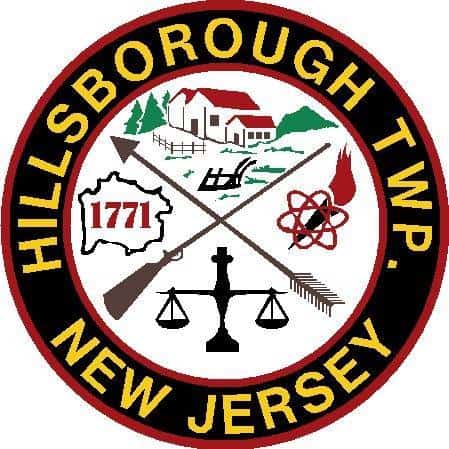Hillsborough Township officials are taking a “deep dive” to create a Community Equity and Diversity Profile.
Township Planning director David Kois and Samantha Ball, office administrator for the township’s Economic and Business Development and Sustainability Office presented the profile project at a Township Committee meeting on May 14.
“This action is very important to do because we are working on our master plan update this year,” noted Kois. “In addition to taking a really deep dive and looking how this community is made up demographically, it is also very important for us to recognize any of the barriers or obstacles that might be out there when it comes to communicating with our residents.”
The township is creating a Community Equity and Diversity profile for Sustainable Jersey certification.
“So far there has only been two townships that have taken on this endeavor so we’re only the third to take this action on,” Kois said.
The Community Equity and Diversity Profile action “assists municipalities in painting a full picture of diversity on their community by creating a simple demographic and spatial profile, with a focus on identifying residents who are socially vulnerable or who have special communication needs.”
It’s a collaboration effort among the administration, the Clerk’s Office, Sustainable Hillsborough and Planning and Zoning.
The requirements include:
- Describe the diversity of the community with demographic data;
- Describe neighborhood-level diversity with maps;
- Identify social groups that are vulnerable, marginalized or have distint communication needs;
- Identify the key communications barriers and networks of these groups; and
- Report findings to the municipal government.
Ball presented the township’s demographic findings, which utilized Census block data for the township and New Jersey Department of Environmental Protection’s Environmental Justice Mapping Assessment and Projection Tool (EJMAP).
Census data shows 21.1% of the township’s population is foreign born.
Languages spoken at home – English at 74%; Indo-European – Polish German, Greek and Italian – at 12.5%; Asian and Pacific Islander – Korean, Hindi, Chinese – at 8.6%; and 4.9% Spanish.
Race – White – 65.7%; Asian – 21.5%; Hispanic – 8.9%; and Black – 3.9%.
The top countries of origin outside the U.S. living in the township are India, China and Philippines.
Notable takeaways include:
- Communications tend to be given to a handful of members in a certain social group and relied on to disseminate information to their community;
- Community members over the age of 60 prefer in-person interactions to receive information; and
- Taking a tailored approach to reaching these diverse groups will be more successful than a “one size fits all” approach.
The township currently disseminates flyers and physical information in both English and Spanish.
The township’s website offers translation into over 20 languages, increase in text size, a dyslexia-friendly format, screen readers, and other visual and audio adjustments.
Outreach to marginalized groups through new and/or updated programs including Hispanic Outreach, Hillsborough Interfaith Community Network and Mayor’s Wellness Initiative.
A local Health Assessment in 2023 garnered 400 responses. Respondents in marginalized groups identified their barriers to communication, Ball said.
In 2007, the Township Committee created a Sustainability Steering Committee. In 2009, the township created its first strategic plan after the launch of the Sustainability Jersey program.
Hillsborough Township was one of the first pioneer towns to receive certification, which lasts four years, Kois noted. The township is the most certified town in Somerset County and second most certified in the state with three bronze and nine silver certifications.
Kois and Ball said the township’s Community Equity and Diversity Profile is expected to be finalized in July and will address issues discussed by different population groups.
Future ideas include:
- Planning events specific to certain populations to increase engagement (Diwali festival); and
- Potentially holding or taking part in outreach events at locations where they “are” (apartment complexes and houses of worship).


